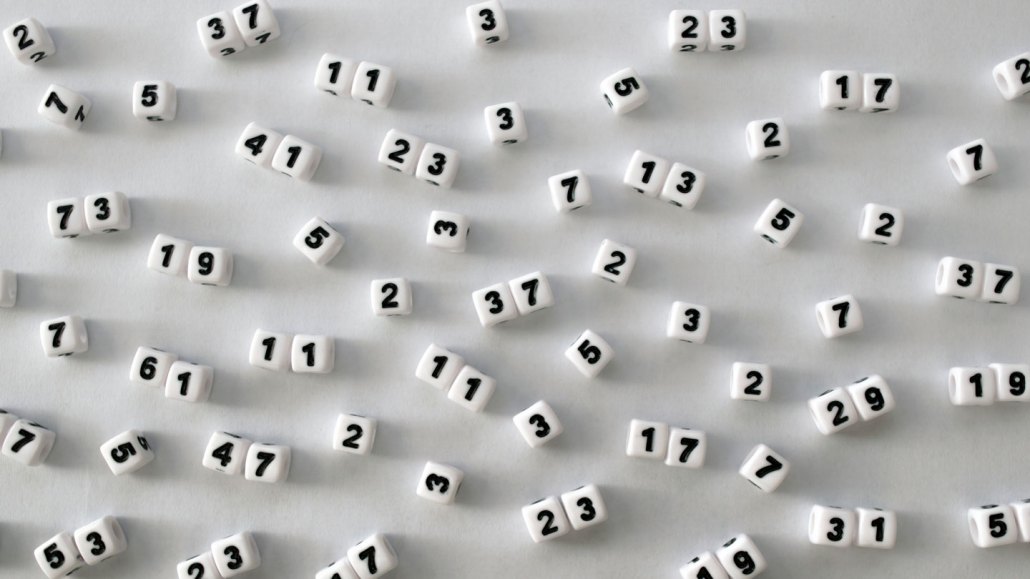ATM: An abbreviation for automated teller machine. It is a stand-alone machine communicates with banks over the internet. Depending on the ATM unit, some just dispense cash from a person’s account or from a line of credit offered to them by a credit-card company. Others accept cash deposits and give read-outs of how much money an individual has in a checking or savings account.
data: Facts and/or statistics collected together for analysis but not necessarily organized in a way that gives them meaning. For digital information (the type stored by computers), those data typically are numbers stored in a binary code, portrayed as strings of zeros and ones.
digit: A structure, like a finger or toe, at the end of the limbs of many vertebrates. (in math) An individual numeral (from 0 to 9) used to represent a number or some part of a number.
information: (as opposed to data) Facts provided or trends learned about something or someone, often as a result of studying data.
internet: An electronic communications network. It allows computers anywhere in the world to link into other networks to find information, download files and share data (including pictures).
prime number: A whole number that is divisible only by itself and 1. For example, 2 and 3 are prime numbers but 4 (which is divisible by 2) is not.
system: A network of parts that together work to achieve some function. For instance, the blood, vessels and heart are primary components of the human body's circulatory system. Similarly, trains, platforms, tracks, roadway signals and overpasses are among the potential components of a nation's railway system. System can even be applied to the processes or ideas that are part of some method or ordered set of procedures for getting a task done.

